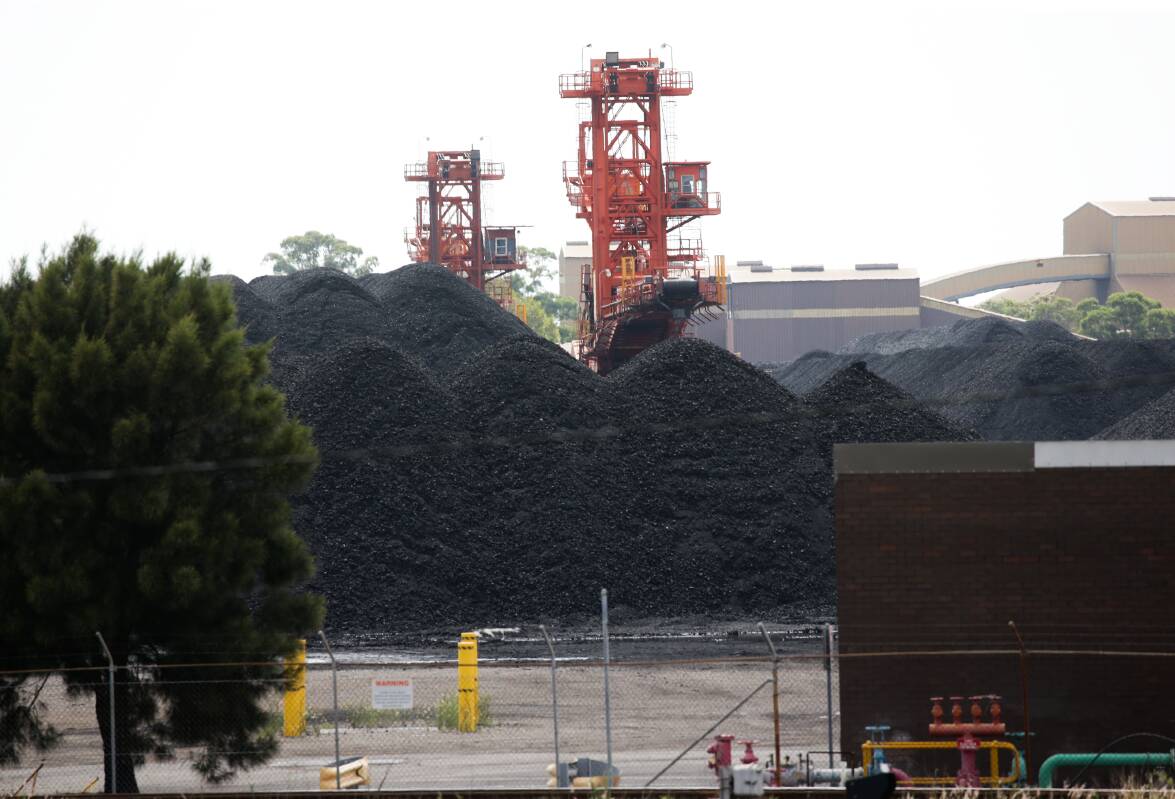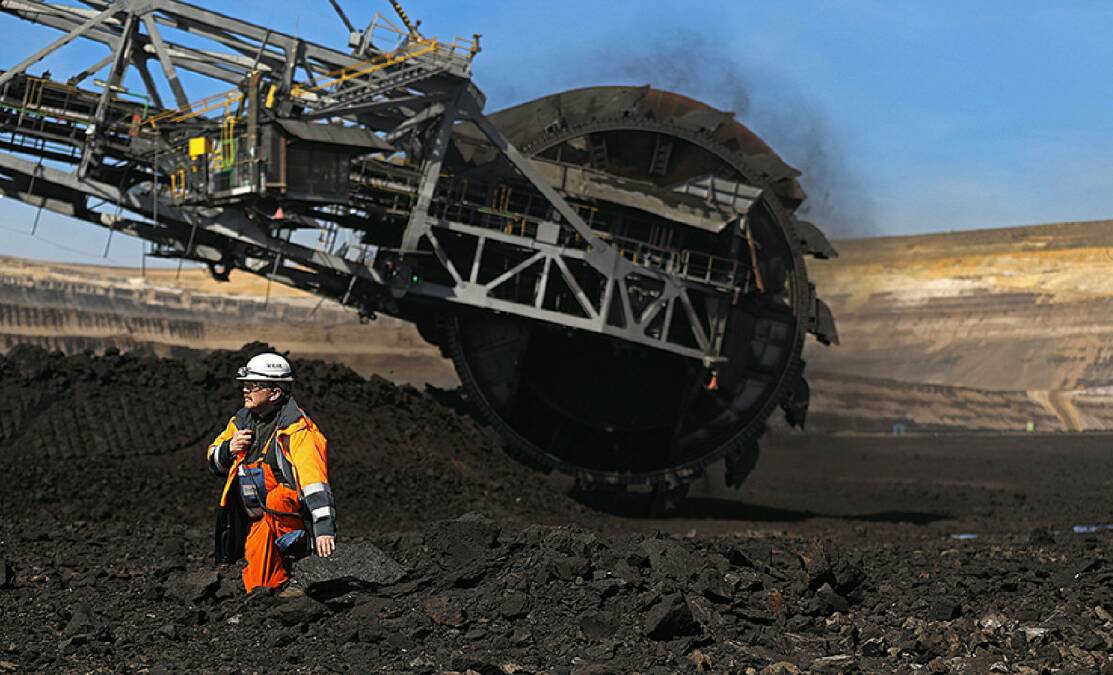
ALLOWING the four-year-old Mount Pleasant open-cut to double its output to 21 million tonnes of raw coal annually until 2048 has been howled down by those demanding the global cutting of greenhouse gas emissions in the name of countering anthropogenic climate change.
Coal is the lowest of low-hanging fruit for the climate lobby, and the pressure on coal will only increase as other sectors of the economy - transport is a big one - are forced to do "their share" in reducing emissions.
But electrifying transport demands a much bigger electricity grid. And not only big, but reliably big.
Wind and solar are undeniably cheap sources of power in the right conditions, but as we have stated many times before in this space, the technology to store sufficient electricity to keep an economy going through the night while relying on a solar-heavy grid is simply not there yet.
This means the world still needs baseload power, and for most countries that means coal.
The alternative - a world that comes to accept "unreliable" or limited amounts of electricity - is not one that developed nations would see as acceptable.
This means, then, that export mines such as Mount Pleasant will continue to help keep the world's lights on, even as public opinion continues to harden against the industry.
In this sense, coal is very much the benign Dr Jekyll, powering the world, and the hideous Mr Hyde when it comes to environmental impacts.
Mount Pleasant might have been approved, but plenty of other projects have been rejected in NSW, as the environmental bar rises.
Prominent coal industry critic the Institute for Energy Economics and Financial Analysis (IEEFA) issued a new report yesterday linking the record high prices paid for Newcastle coal with the Russian invasion of Ukraine "and the subsequent global energy crisis".
Western sanctions against Russian coal and gas have certainly tightened supplies, but so have the pressures that led companies including Mount Pleasant's original owner, Rio Tinto, to quit the industry.
The IEEFA report says sky-high record coal prices are a double-edged sword that will accelerate the demise of coal by pushing customers towards alternatives.
But until the power storage puzzle can be solved, coal will be needed.Without extra supply, prices are unlikely to fall far, and Australians will take an even bigger hit through their power bills.
ISSUE: 39,698

WHAT DO YOU THINK? We've made it a whole lot easier for you to have your say. Our new comment platform requires only one log-in to access articles and to join the discussion on the Newcastle Herald website. Find out how to register so you can enjoy civil, friendly and engaging discussions. Sign up for a subscription here.







